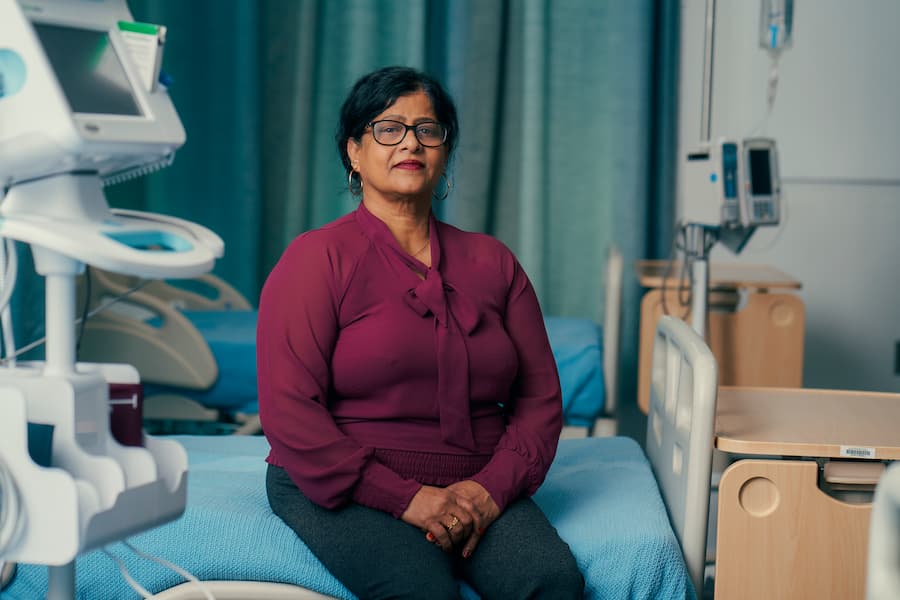Community-Based Advocacy Project

Community-Based Learning: Partner with TMU’s School of Medicine
The School of Medicine is committed to educating students to become compassionate, culturally respectful, and future-ready clinicians who provide outstanding holistic healthcare and who lead in health system transformation. Community-based, service learning will be a critical component of our curriculum, integrating real-world experience into medical education.
Become a community-based learning partner
We are seeking community organizations across Brampton and Peel Region to collaborate with medical students on a community-based advocacy project (CAP). The project goals include:
- Co-creation and development of an initiative to address a community-identified need, with a defined action and eventual evaluation.
- Positively impact an economic, social, cultural or environmental situation and ultimately improve health and access to healthcare for various equity-deserving groups.
The project teams will be made up of four medical students, and the scope of the product should be educational and creative in nature, potentially ranging from a strategic document to advocacy work to a multimedia presentation.
Why should you partner with us?
While you will be helping our students develop skills and experience in advocacy, social justice and project management, participating in a CAP will provide countless benefits to your organization, including:
- Access to dedicated assistance to help advance organizational goals
- A new perspective to the delivery of programs, services and products
- Attracting and building a new talent pipeline
- Building meaningful relationships with the community and the School of Medicine
Interested in partnering with us? Fill out the form below.
Community-Based Advocacy Project Details
Participation in a CAP will include:
- Community organizations will participate in an interview/community fair where they will provide an overview to CAP medical student groups with information, including:
- Description of their organization (i.e. mission/vision/values)
- Questions to be addressed or areas of need
- Ideas for a desired project area without providing proposed solution
- The medical student groups will be asked to look at problem-solving through an innovation approach
- CAP groups, consisting of four medical students per group, will review the information provided, select a community organization to work with and begin brainstorming together.
- The community organization and TMU must approve the project proposal made by the CAP group prior to the launch of their project.
- For approximately 12-14 months (with a pause for summer), the CAP group will spend three hours per month working on the project on site with the community organization. Brief regular monthly check-ins with supervisors from the organization is expected.
- School of Medicine faculty will provide mentorship to the CAP group and will act as a liaison with the community organization, as required.
- At the end of the project, there will be a deliverable and presentation which will be graded. Evaluation of the students by community supervisors will be required. Feedback will be requested from students and community groups to improve the experience over time.